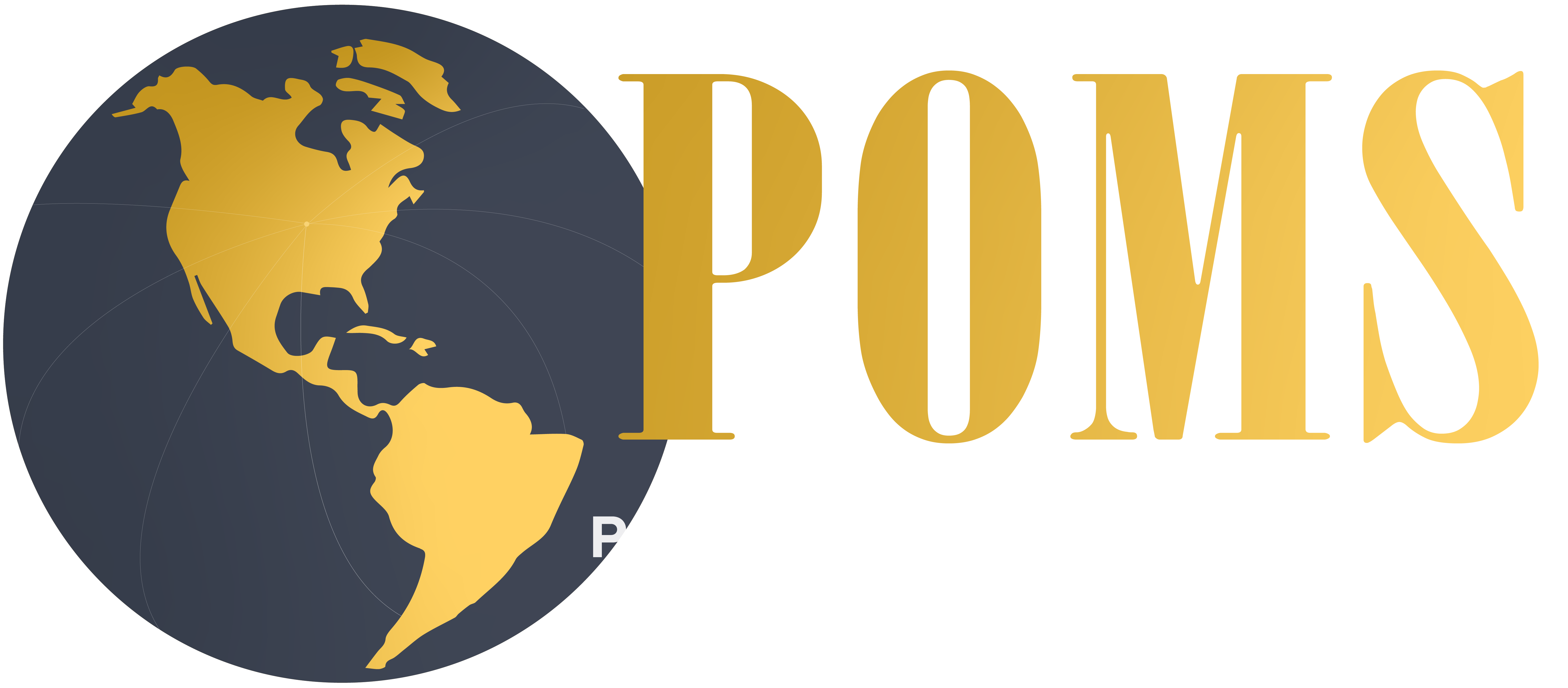Retail Operations
Retail operations has emerged as a substantial and important area of research in recent years. There are several drivers of this advent. Retailing is a large and growing sector of the economy in most countries, both developing and developed. It is a dynamic sector in which changes in markets, firms, and products occur rapidly. With computer technology and usage of the Internet, operational data are more readily available in retailing. Recent research in retailing has discovered new applications, contexts, and theory, which promise a fertile ground for operations management researchers for many years to come. Further, retail operations has unique elements, such as assortment planning, shelf-space allocation, and store execution that are different from issues faced by other players in the supply chain. The objective of this special issue is to broaden the agenda of research in retail operations and serve to accelerate its development by bringing together a variety of papers on new as well as established topics that will impact future research in this area.
The special issue will consider papers based on all types of methodologies, including theoretical, empirical, and field based research. Papers that tackle real problems and those that have high potential to impact practice will be given special consideration. Topics that are of interest for this special issue include but are not limited to:
- Retail store operations – planning and execution including inventory, pricing, sales force planning, store design, and store location.
- Interface of retail operations with other functions such as finance, human resources, marketing, and strategy
- Internet retailing and synergies in multi-channel retailing
- Organizational structure of retailers, e.g., centralized versus decentralized operations
- Usage of technology in retail operations, e.g., use of RFID technology, data mining
- International expansion and retailing in emerging economies
Manuscripts must be submitted by April 30, 2009. They should be of a high academic standard, and should adhere to the format, style and other established guidelines for regular POM submissions. Manuscripts will be processed as they are received. They will go through a peer-review process; those manuscripts that do not fit the theme of the special issue will be returned promptly.
Please submit an electronic copy (in pdf form) to any one of the co-editors:
Co-editors of special issue:
Vishal Gaur
The Johnson School,
Cornell University,
321 Sage Hall,
Ithaca, NY 14853
Ph: 607-255-6075
vg77@cornell.edu
Ananth Raman
Harvard Business School,
Boston, MA 02163
Ph: 617-495-6937
araman@hbs.edu
Jayashankar M. Swaminathan
Kenan-Flagler Business School,
University of North Carolina,
Chapel Hill, NC 27599
Ph: 919-843-8341
msj@unc.edu

